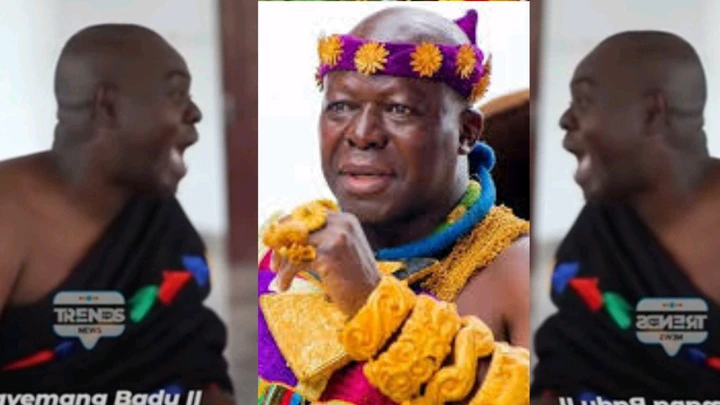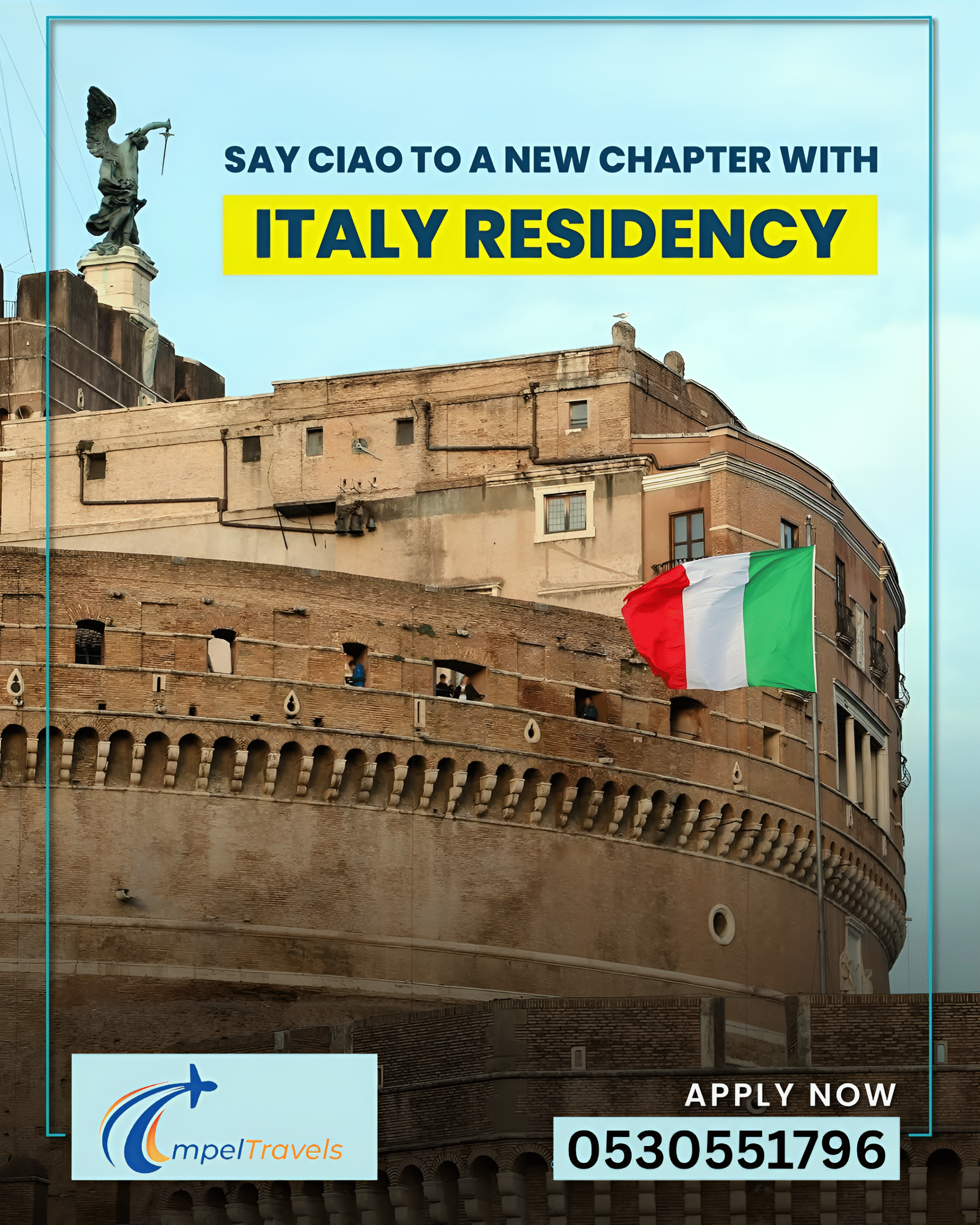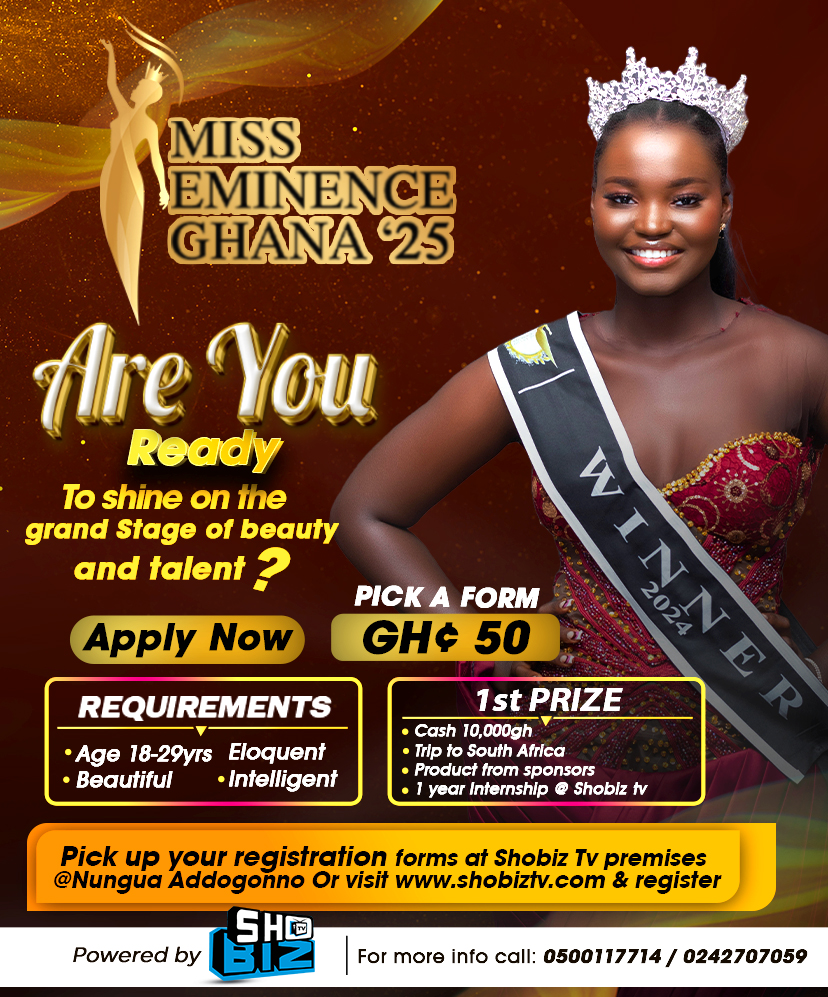The ongoing discourse between Dormaahene, Osagyefo Oseadeeyo Dr. Agyeman Badu II, and Asantehene, Otumfuo Osei Tutu II, has intensified following Dormaahene’s latest response.
The back-and-forth stems from a comment made by Otumfuo, suggesting that Dormaahene should return to basic school to learn Asante culture properly.
Dormaahene, known for his strong stance on history and chieftaincy matters, did not take the statement lightly and has fired back with an unwavering declaration that he possesses greater wisdom than Otumfuo and his elders.
In a recently circulated video, Dormaahene addressed Otumfuo’s remarks head-on, demonstrating his confidence and asserting his intellectual capabilities. He did not reject the idea of being sent back to school but made it clear that despite any formal education Otumfuo believes he may lack, his wisdom far surpasses that of the Asantehene and his advisory council. This statement has since sparked intense discussion among traditionalists, historians, and Ghanaians interested in the intricate power dynamics of chieftaincy in the country.
The historical relationship between the Dormaa and Asante kingdoms has long been a subject of interest. Both leaders represent powerful entities within Ghana’s traditional governance system, but their perspectives often differ, especially regarding historical narratives, authority, and influence. Dormaahene has continuously made efforts to emphasize his people’s autonomy and identity, ensuring that the Dormaa Kingdom is seen as a strong, independent force rather than an extension of Asante control.
The direct nature of Dormaahene’s response adds a new layer to the longstanding traditional tensions. While some view his words as a bold assertion of authority and intelligence, others believe they could further escalate misunderstandings between the two powerful figures. It remains to be seen whether Otumfuo will issue a follow-up statement or allow the matter to settle. Meanwhile, observers continue to dissect the verbal exchange, with some aligning themselves with Dormaahene’s stance while others defend Otumfuo’s position.
The battle of words between these prominent chiefs underscores a broader conversation about leadership, wisdom, and the role of traditional rulers in contemporary Ghana. Beyond the exchange of remarks, it highlights the importance of historical legacy and how narratives shape the perception of power. Whether this exchange leads to reconciliation or further disagreement, one thing remains clear—the debate surrounding Dormaahene and Otumfuo is far from over.











